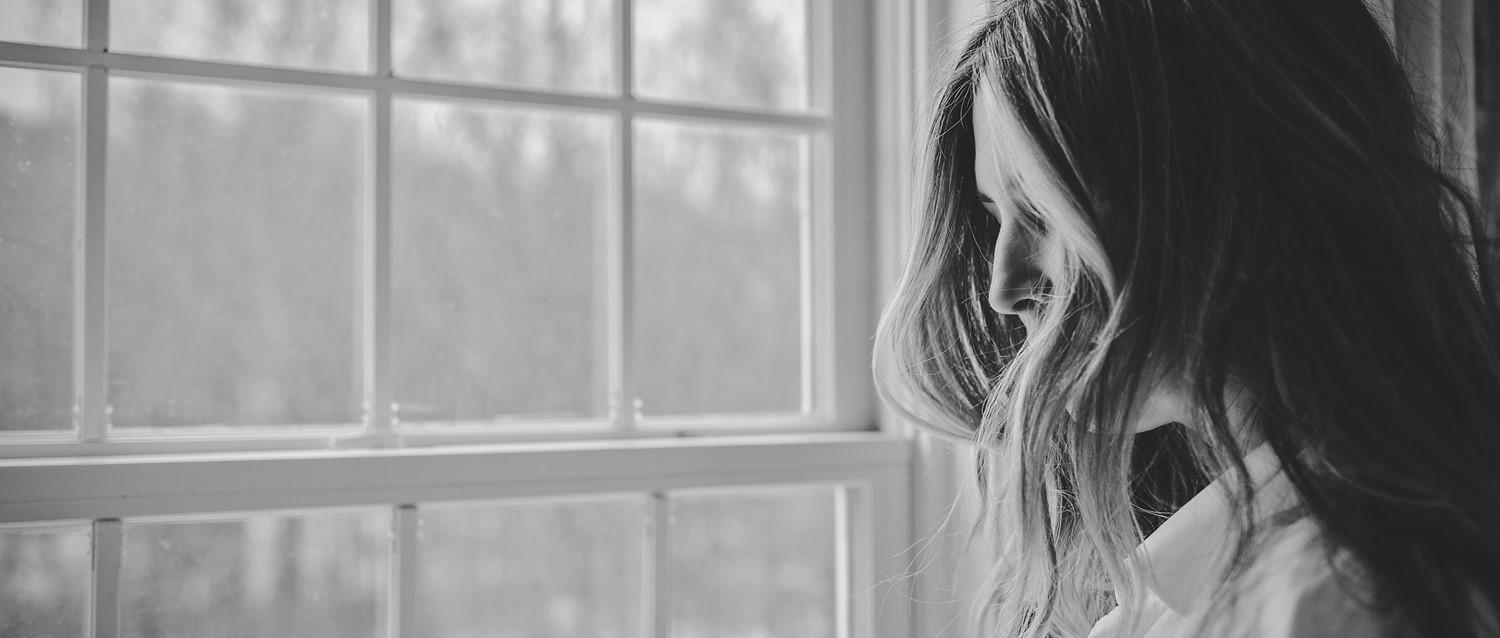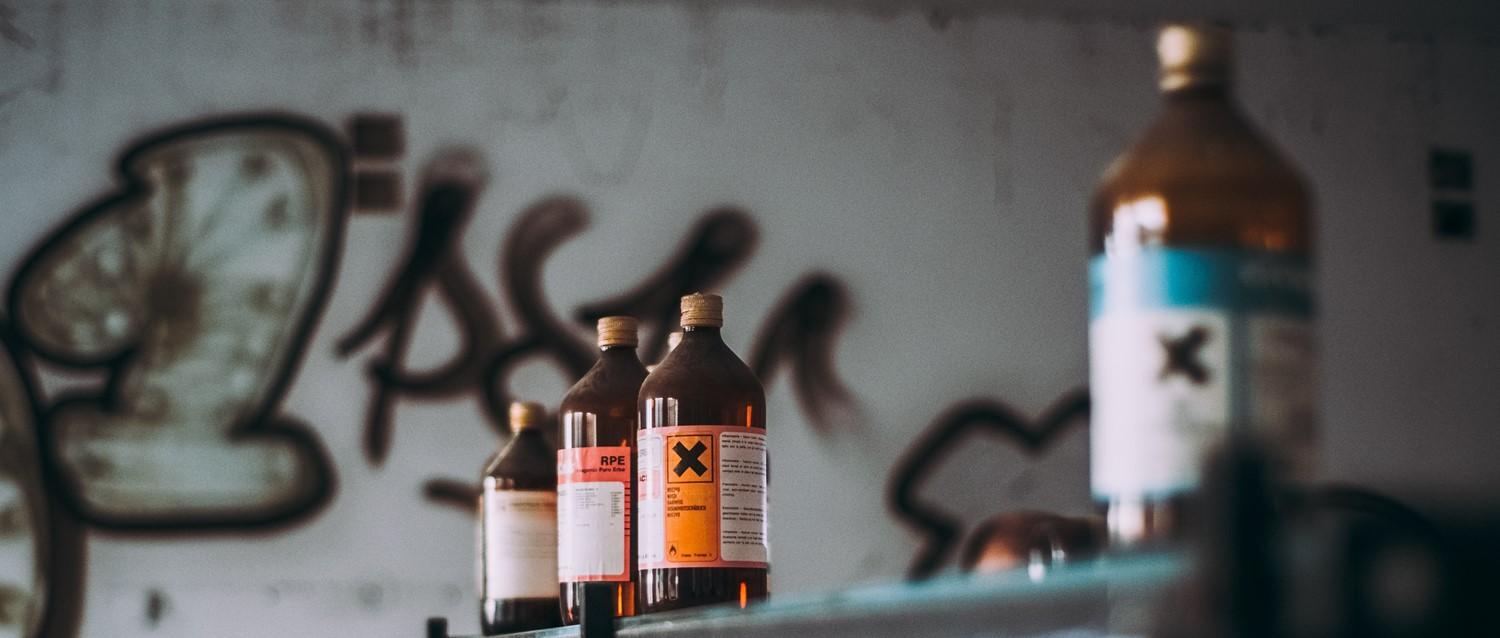
How to manage social anxiety during Christmas gatherings
Peer reviewed by Dr Krishna Vakharia, MRCGPLast updated by Victoria RawLast updated 15 Nov 2024
Meets Patient’s editorial guidelines
- DownloadDownload
- Share
- Language
- Discussion
Christmas can be a stressful time. There's often a lot of rushing around and social events to prepare for, as well as high expectations. If you have social anxiety, the festive season can bring additional challenges. However, it is possible to manage your anxiety so you can still enjoy Christmas in a way that feels better for you.
In this article:
What is social anxiety and who can be affected by it?
Psychotherapist Andre Radmall explains that social anxiety is a stress reaction to being with groups of other people. It can be heightened by being in less structured groups - such as social events or parties. Social anxiety can cause an overwhelming fear of social situations. It can happen on its own or may coexist with other mental health conditions. It is sometimes linked to underlying depression. Anyone can be affected by social anxiety.
How does social anxiety present itself?
Back to contentsRadmall explains that if you have social anxiety you may feel like running away, hiding, or avoiding social contact in situations that make you anxious. Your levels of anxiety create a fight or flight reaction.
Life coach Natalie Trice explains the physical ways social anxiety can present itself.
Trice adds that the anxiety can be too much for some people.
"In this instance, they can simply stop accepting invitations, ignore phone calls and texts, and keep a low profile on social media," she says. "The fear of saying the wrong thing, turning red due to blushing or worrying that they look or sound wrong can be enough to keep people at home. Consequently, this can drive a bigger wedge between them and the world."
Continue reading below
Why might anxiety be increased around Christmas time?
Back to contentsWe often spend more time with people over Christmas. Whether it's office parties, family meals, or drinks with friends, social gatherings can be inescapable. For those who struggle with social anxiety, having a jam-packed calendar can be too much.
Trice says: "The thought of having to go and mix with people - maybe strangers - is hard for some people. Being thrown into multiple social situations in a short space of time, including New Year's Eve, can feel very demanding."
Radmall echoes this, adding, "In addition, Christmas festivities increase unpredictable behaviour in others, which is often linked to alcohol. This makes it a more difficult time for those who like familiarity."
How to manage social anxiety around Christmas
Back to contentsPreparation is key when you have social anxiety. Trice suggests looking at your diary for December and working out how much you are happy to do, and how much you feel you can take on.
"If you don't want to do office drinks and parties, don't do it, but have a reason ready so you aren't put on the spot, and then say yes and stress in the lead up to the event," she advises. "Take it easy and be gentle with yourself. You don't want to harm your health or experience burnout by biting off more than you can chew."
Trice also emphasises the importance of balance, even over the Christmas period when routine usually goes out of the window.
"There is no rule book for how to spend Christmas. You should do what feels right and manageable for you, always prioritising your well-being," she says. "I suggest scheduling in rest days so you have those to look forward to, and balancing out the celebrations with relaxation. For example, if you have a busy Christmas Day with family, you could have Boxing Day to yourself, spending it at home in front of the TV.
"You need to look after yourself, so don't feel guilty for making your own arrangements or even cancelling plans. Put dates in your diary and if you are struggling to stick to them, let people know in advance. It's an even better thing if you can be honest, as they may be able to help."
Continue reading below
What could you do during a gathering to manage your anxiety?
Back to contentsTips for keeping your anxiety under control during a social gathering:
Plan as much as possible beforehand - know who will be there for you to speak to, what activities will take place, and start and finish times.
Know your escape routes - these are places you can retreat to if you need a quiet moment to regain energy, such as a bathroom or garden. Radmall suggests breaking the social event into different time slots. Once you get through each of these, give yourself a break.
Take a bottle of water.
Use relaxation apps - Trice recommends Calm, which offers meditation and soothing sounds.
Avoid alcohol - it's fine to enjoy one or possibly two drinks. However, too much fizz might not give that confidence you hope for. It can heighten your anxiety and lead to a major hangover.
Try to get out for a walk - taking a walk in the middle of the day, feeling the solid ground beneath your feet and immersing yourself in nature is a great stabiliser.
Arrange a phone call with a friend - schedule a time to chat with them during the event. Pick someone who can offer comfort and reassurance, or a distraction.
Practise deep-breathing exercises if you feel yourself panicking.
When should you contact a doctor if you're struggling with anxiety?
Back to contentsYou don't have to deal with your anxiety alone. If you feel it is stopping you from doing things you used to enjoy, interrupting your sleep or impacting work and relationships, you should seek help.
Trice highlights the bravery in asking for support, reminding you that struggling doesn't make you weak.
"You might want to open up to a trusted friend or loved one before consulting your doctor," she says. "They will listen and can offer appropriate treatment to help make your life easier. This could be forms of therapy or anti-anxiety medicine."
Randmall also recommends seeking medical help if you continually try anti-anxiety coping strategies, but they don't work.
"If your anxiety regularly interferes with your everyday life, anxiety is paralysing you and preventing you from relating to others or going to work, you should call a doctor."
You are not facing this by yourself, and support is out there.
Patient picks for Anxiety

Mental health
Can anxiety cause depression?
Not sure if you – or someone you care about – is suffering from anxiety or depression? Or if one can lead to the other? Find out how to tackle both conditions and get the help you need.
by Danny Chadburn

Mental health
What is toxic masculinity and how does it affect men?
Toxic masculinity embodies a set of unhealthy standards that set out what it means to be masculine. These standards can encourage harmful behaviours and can negatively impact a man's life if he is conditioned or encouraged to subscribe to them.
by Amberley Davis
Article history
The information on this page is peer reviewed by qualified clinicians.
Next review due: 15 Nov 2027
15 Nov 2024 | Latest version
20 Nov 2021 | Originally published
Authored by:
Emily Jane Bashforth

Ask, share, connect.
Browse discussions, ask questions, and share experiences across hundreds of health topics.

Feeling unwell?
Assess your symptoms online for free
Sign up to the Patient newsletter
Your weekly dose of clear, trustworthy health advice - written to help you feel informed, confident and in control.
By subscribing you accept our Privacy Policy. You can unsubscribe at any time. We never sell your data.